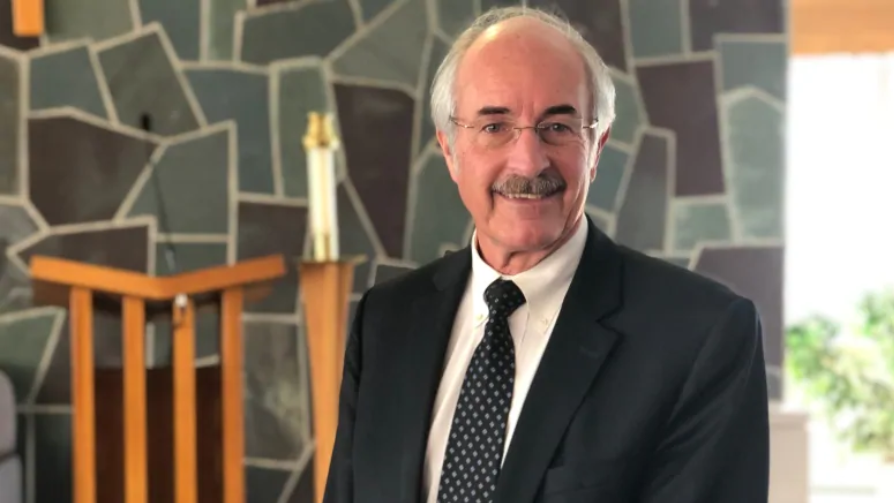How to manage uncollected remains is a standard funeral home and crematorium conversation topic. Everyone wants to do right by the departed and their families, but what is the right thing to do? Some countries allow for a mass plot or spot to be arranged after a certain amount of time, but what are funeral homes with no legislation supposed to do?
Geoff Carnell, from Carnell’s Funeral Home, has recently become the new spokesperson for the funeral home community of St. John’s discussing just this. While he hasn’t indicated how many ashes remain in his facility he did say “It’s enough for me to want to talk about this issue, and it’s enough for me to take a very active role in creating the legislation that we need to deal with the issue,” Carnell said.
But Carnell is far from alone with being inundated with this issue. A recent Nova Scotia funeral home survey found that 86 facilities were holding on to 727 remains that needed to be claimed, one dating as far back as the 1950’s.
The funeral homes themselves have tried to prevent the build up, doing everything from charging a deposit which will be returned upon pickup to charging a modest monthly fee to keep in touch with the family and be able to remind them of their loved one who needs a final resting place.
Why are the ashes unclaimed?
There is no clear reason why these ashes are being left, but Mark Hooftman, general manager of Atlantic Funeral Homes, said: “That it could be for a number of reasons, whether the original purchaser died, moved away or is just unable or unwilling to deal with the thought of permanent memorialization.” Overall, the consensus is that families feel the ashes are safer at the funeral home until they know what to do.
And while the ashes are safe, Carnell said, families are then able to walk away, leaving the funeral home with the problem of what to do with the ashes. He thinks the best solution is to follow the lead of other areas and be able to have large plots where the ashes can be placed after a government allotted amount of time and regular attempts to contact with the family. In this situation if the family returns it is also still possible to exhume the remains, for a fee of course.
Government Intervention
Service NL told CBC News that when amendments are next considered for Embalmers and Funeral Directors Act that the issue will be considered. A a spokesperson for the department also said that “Service NL is always open to discussions with stakeholders to improve industry standards.”
While encouraging, it leaves a pressing matter for funeral homes in the indecisive whims of the government. And whether the government wants to think about it or not the silver tsunami is approaching and with over 70% of the populations in areas like Nova Scotia being cremated its an important time for death professionals to get better government regulations.
Meanwhile, encouraging the public to talk about their end of life desires to family members and in writing continues to be an important initiative worldwide to help prevent remains being left without a final resting place.
